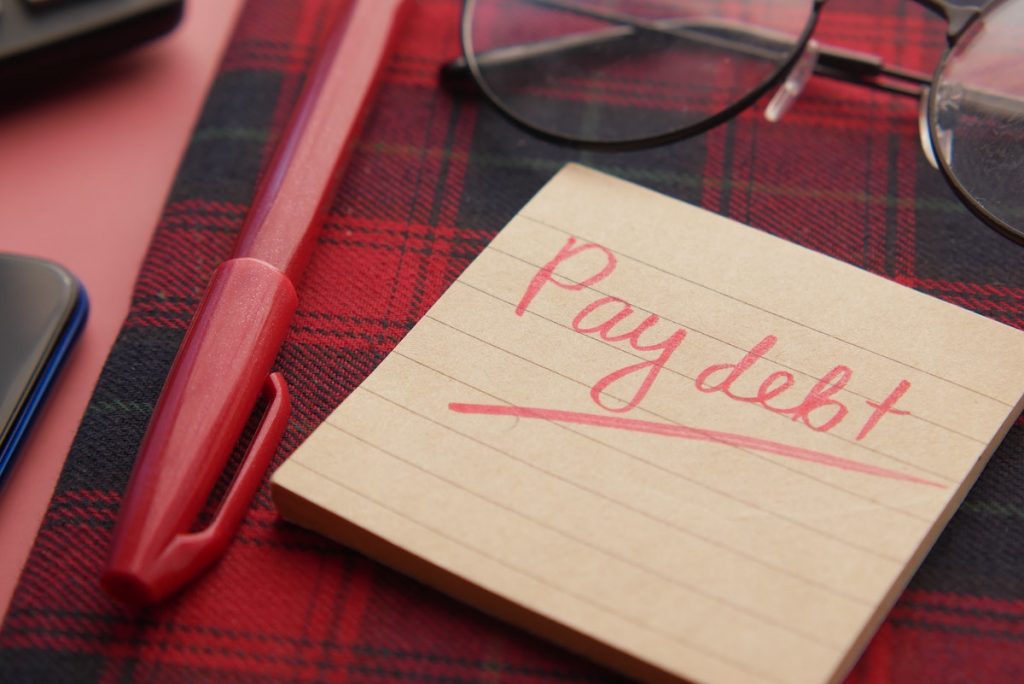Delinquent homeowners association fees are a reality that most associations have to manage. While it can be a hassle, the HOA usually has several available options to collect, including recording liens against the property, filing suit and obtaining a judgment against the homeowners, and, in some cases, foreclosing on the property.
For most associations, the authority to collect dues is found in the association’s declaration of covenants, conditions, and restrictions, also known as Declaration or CCRs. If your association is subject to the Georgia Condominium Act (“Condo Act”) or the Georgia Property Owners Association Act (“POAA”), you will also have additional options, such as a statutory lien and the option of foreclosure.
How to Collect Delinquent HOA Dues?
Try the Soft Approach First
A recommended first step when dealing with delinquent homeowners association fees is to reach out to the homeowner. This can be in the form of a reminder letter sent when the dues are paid on time, or even a casual (private) conversation with a board member, if he or she feels comfortable doing so. Most of the time, people just forget about HOA dues, and a gentle reminder goes a long way.
How Do I File a Lien for Unpaid HOA Dues?
Assuming the gentle reminder does not work, the official first step should be to file a lien for unpaid HOA dues. If your association is subject to the Condo Act or the POAA, you have a statutory lien at all times for amounts owed to the association. If you are a common-law homeowners association, then your need to file a paper lien in the county lien records to protect your interest. The lien is filed in the county lien records and gives notice to anyone interest in the property that amounts are owed to the Association. The lien remains active for four years and prevents the sale of the property during that time without paying off the association. The lien also gives the association a secured claim in the event the owner files bankruptcy because the debt owed to the association is secured by a lien on the property.
As you can see, a lien is a powerful tool, but it also has its limitations. While a lien can force payment of the debt if the owner tries to sell the property, it is still a passive tool, and a homeowner can get around it by simply not selling the property. For this reason, the association also has the option to take a more active approach, and file suit against the owner.
Suing the Homeowner
If a reminder letter and lien don’t produce results, the next step is to file a lawsuit against the owner and obtain a judgment. The association, through their legal counsel, will file a lawsuit detailing why and how the owner owes the HOA dues. The owner will be served formally with the complaint and given a time period to dispute the charges in the form of filing an answer. The association will then, either through a motion or a hearing, set forth all evidence detailing the amounts owed by the owner, including regular assessments, late fees, interest, and all costs of collections, including reasonable attorneys’ fees actually incurred. A judge will review the evidence, give the homeowner an opportunity to respond, and then grant a judgment to the association for the amounts owed.
While this may just sound like passing pieces of paper around, a judgment is also a very powerful tool for the association. A judgment signals that the court has reviewed the evidence and made the determination that these amounts are owed by the homeowner. A judgment also allows the association to take steps to collect the judgment amounts, including a bank or wage garnishment.
Collecting on the Judgment
Once a judgment is obtained, the association will need to take steps to collect the money awarded by that judgment, usually through some kind of garnishment. There are three main types of garnishments we deal with in HOA collections: bank, wage, and rent.
A bank garnishment imposes a 5-day freeze on all accounts held by the homeowner at a particular bank. The bank is required to freeze the account, allowing no debits or withdrawals, and pay then that money into the registry of the court, less any exempted amounts. While powerful, a bank garnishment does have its limitations. Because the account is only frozen for 5 days, it represents a snapshot of the bank account at that time. If there are no funds in the account during that time, then no funds will be recovered. If one of those 5 days happen to be payday, then there is a possibility of recovering the full balance from one garnishment.
A wage garnishment lasts up to 3 years but limits the amounts that can be recovered. In a wage garnishment, the owner’s employer is required to withhold a certain percentage of the owner’s pay each pay period and pay that amount into the registry of the court. It is also generally harder to locate employment information than banking information. However, if you happen to know where the owners are employed, a wage garnishment makes those judgments very collectable.
Finally, the association also has the option of a rent garnishment, if the owner is renting their unit, and if the association has information regarding the tenant. A rent garnishment is filed against the owner’s tenant and requires them to pay their rent into the registry of the court, rather than over to the owner. Rent garnishments are rare because tenants usually do not want to get involved in the owner’s debt to the association. It is also generally recommended that a rent garnishment be filed only if the association has a copy of the tenant lease, so that information such as the tenant’s name and monthly rent amount can be included.
Settlement
One last thing to keep in mind is that homeowners can make settlement offers at any time to settle the debt and stop the litigation. While the association is under no obligation to accept anything less than the full amounts owed, we always encourage boards to consider reasonable payment plan. If you do reach a settlement or payment plan with an owner, you should always make sure to write down the major terms, particularly the amount the owner is paying, when the payment or payments are due, the date of the agreement, and what will happen if the payments are not made. This prevents misunderstandings and misinterpretations down the line.
While you always hope everyone pays their dues on time, it’s important to know what to do when dues become delinquent and how to collect on them. Contact NowackHoward today to learn how we can help!


